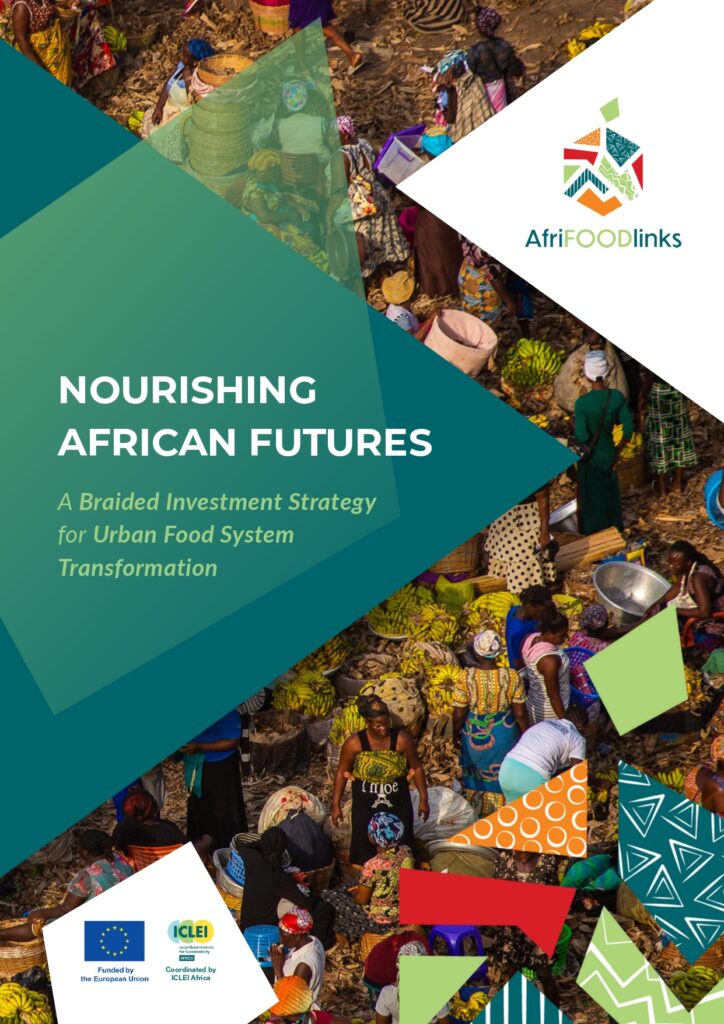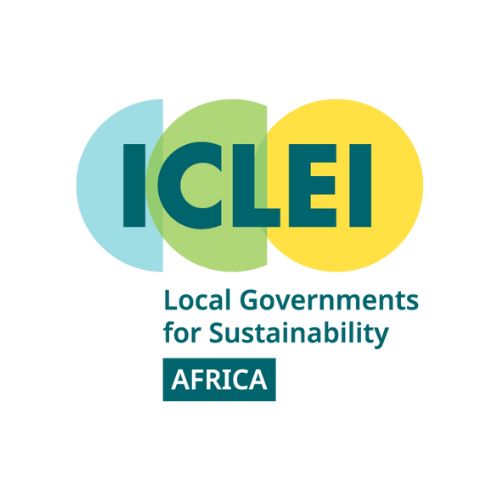Home » Explore the latest project news » AfriFOODlinks celebrates one-year milestone, propelling African cities onto the global food agenda
AfriFOODlinks celebrates one-year milestone, propelling African cities onto the global food agenda
One year in! ICLEI Europe looks back at AfriFOODlinks’ engagement at the global level
One year in! The beginning of 2024 marks the one year anniversary of AfriFOODlinks, which laid the groundwork for a transformative journey, amplifying the influence of African cities on the global stage. On this occasion, ICLEI Europe looks back at AfriFOODlinks’ engagement at the global level, emphasising its commitment to strengthening collaboration between Africa and Europe, fostering mutual learning, and championing African voices in shaping global urban food agendas.
As AfriFOODlinks transitions into its second year of activity, its impact expands beyond its Hub Cities, with a focus on sharing diverse approaches to urban food systems transformation. The project seeks to leverage international platforms to exchange experiences with cities and strategic stakeholders worldwide. In addition to taking part in global conferences, AfriFOODlinks has thus garnered public support and engaged key networks and decision-makers, effectively amplifying the voices of African cities in shaping the global food agenda.
The project’s global engagement kicked off with participation in the OECD Roundtable on Cities and Regions for the SDGs in April 2023, which emphasised the pivotal role of cities in achieving broader food systems transformation. In subsequent events, such as the United Nations Food Systems Stocktaking Moment, AfriFOODlinks showcased pioneering initiatives from cities like Lusaka, Montpellier, Ouagadougou, and Chefchaouen, tackling issues ranging from integrated urban planning, inclusive approaches to food security, to green belt reinvigoration, and optimised food value chains.
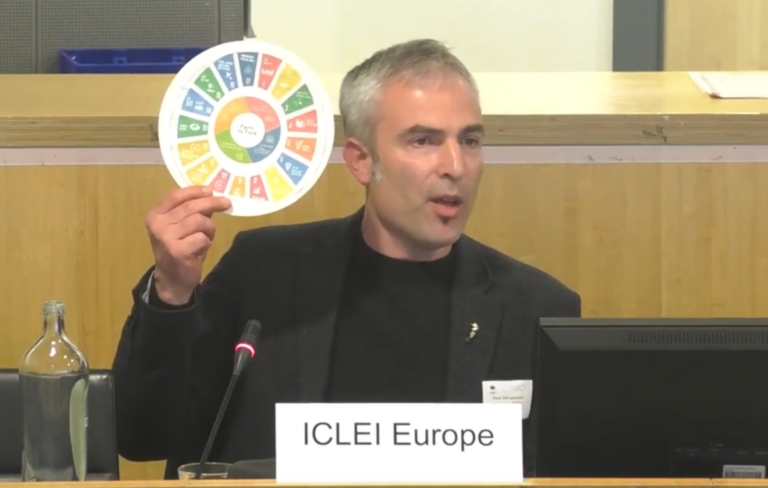
In parallel to these global engagements, AfriFOODlinks also allowed for more intimate city-to-city collaboration and knowledge exchange during the 5th Milan Urban Food Policy Pact Regional Forum in Africa, taking place in Dakar, Senegal. The forum shared innovative solutions and instruments, while paving the way for enhanced multi-stakeholder collaboration and further amplification beyond the project cities.
Later in 2023, AfriFOODlinks also took part in a FAO regional event in the NENA region, which proved successful in promoting strategies for incorporating agrifood systems into local planning, policies, and actions through the showcasing of good practices.
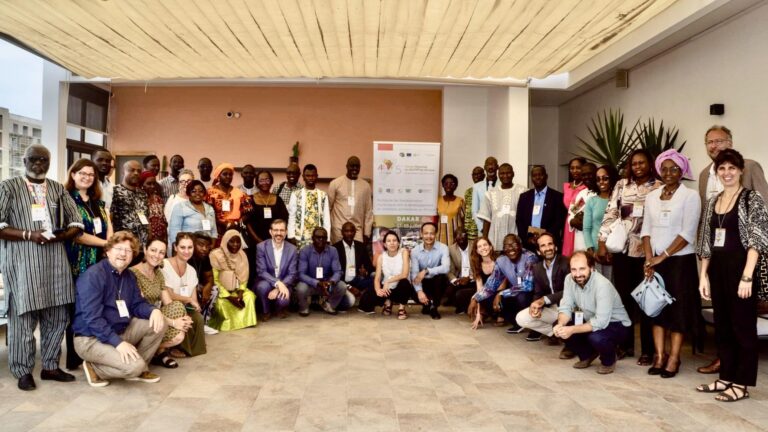
The project’s presence at international fora in Dakar (5th Milan Urban Food Policy Pact Regional Forum in Africa), Bordeaux (12th MUFPP Regional Forum in Europe) and Hanoi (4th Global Conference of the One Planet Network Sustainable Food Systems Programme) further solidified its role in promoting sustainable and inclusive urban food systems transformation not only to improve nutrition but also to account for and to tackle related challenges such as climate change.
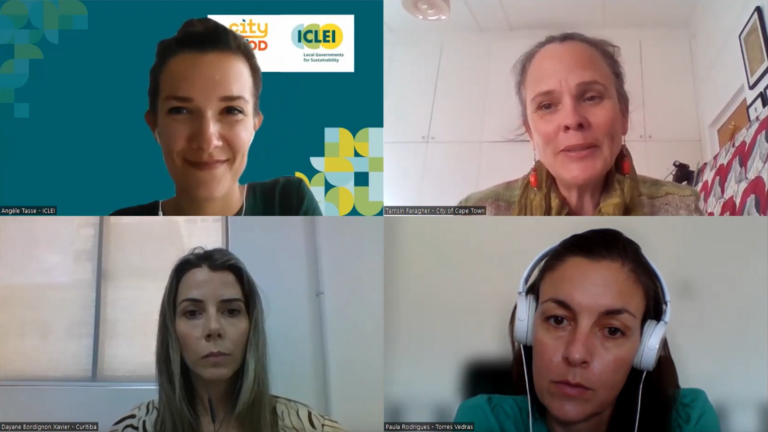
In its ambition to tackle the twin challenges of food insecurity and climate change, AfriFOODlinks also took part in the 10-year anniversary of ICLEI’s Global CityFood Programme, during which city representatives from Portugal, Brazil, and South Africa highlighted progress in combining transforming food systems transformation and driving climate action. As a tangible example of their AfriFOODlinks journey, Tamsin Faragher, from the city of Cape Town (AfriFOODlinks Hub City), shared the city’s plans to improve food access and enhance food systems resilience. Building on this event and others, AfriFOODlinks culminated at COP28, which put food at the top of the climate agenda. During a COP28 Presidency event dedicated to food in cities, Manuel de Araújo, Mayor of Quelimane (AfriFOODlinks Sharing City) shared their strategy to bolster and strengthen food systems, in particular in informal settlements.

These high-level events, together with other sessions and platforms in which AfriFOODlinks took part, allowed the project to showcase the challenges African cities are facing and the solutions they are putting into practice. In particular, 2023 shed light on some important points:
- 1. Cities stand as pioneers in integrating food and climate action – and the food and climate battles will be won or lost at the city level;
- 2. Cities prove particularly effective in building food systems resilience and engaging all relevant actors to tackle challenges collaboratively;
- 3. Yet, while cities are already taking bold decisions, they need enabling policy frameworks and multi-level coordination, communication and collaboration to raise their ambition even further.
Looking ahead to 2024, AfriFOODlinks will further raise the voice of African cities in global policy platforms, featuring prominently in events such as the Global Forum for Food and Agriculture in Berlin and ICLEI’s World Congress in São Paulo. As the project strides confidently into its second year, it remains a beacon of collaboration, mutual learning, innovation, and impactful solutions for urban food systems on a global scale.
Explore
"EU-AU collaboration"

Read more about
"EU-AU collaboration"
READ MORE
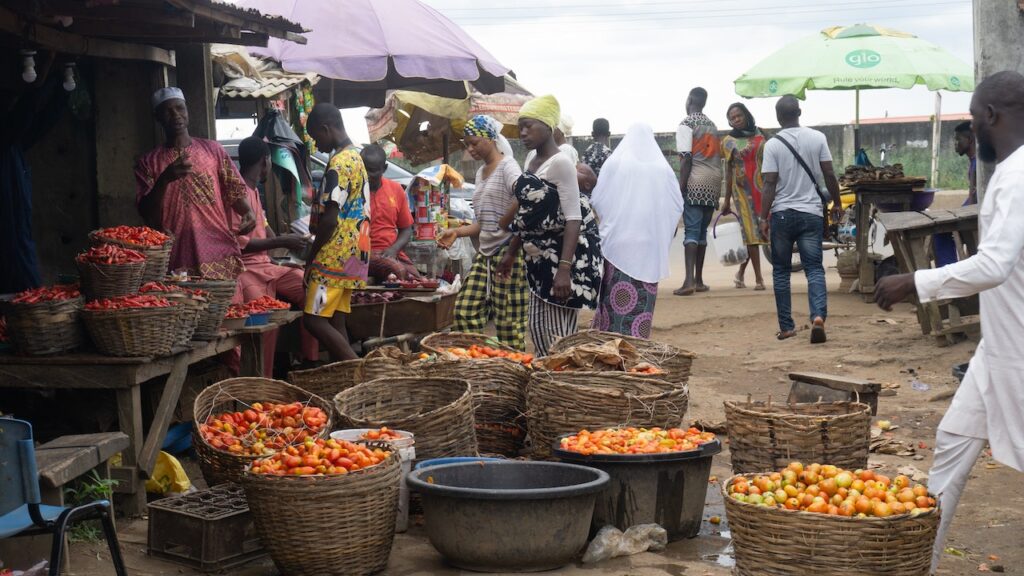
Cultivate Marketplace for transforming African urban food systems: Building bridges between cities and global funders
Unlike a traditional pitch event, the Marketplace will create a structured, low-risk space where cities and funders can learn from one another, exchange insights, and explore alignment.


